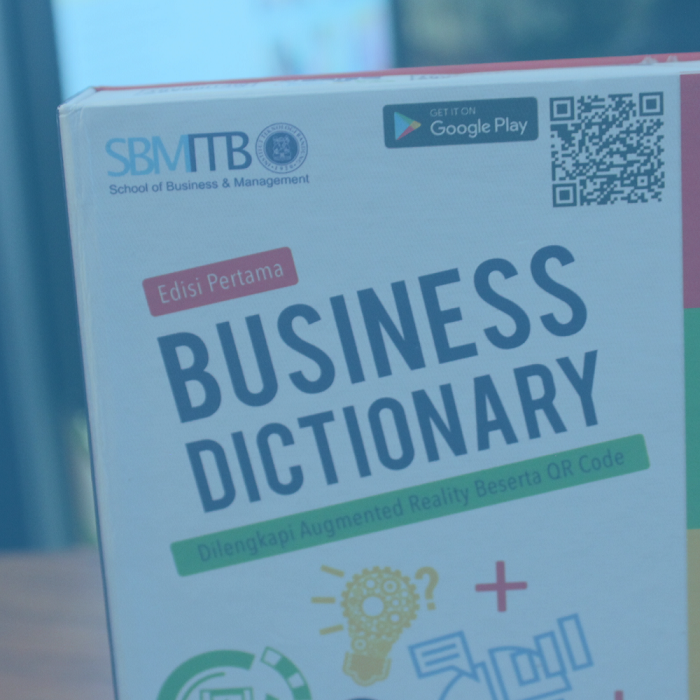

Sudrajati
Products produced by Indonesia have low competitiveness compared to other ASEAN products, especially manufacturing products. This is based on the results of the Revealed Comparative Advantage (RCA) analysis conducted by the Directorate General of International Industry Cooperation (KII) of the Ministry of Industry (Ministry of Industry). The data used in the analysis is the data on the monitoring of the Industrial Resilience Information System (IRIS). This data is also as a reference for the Early Warning System (EWS) on the imported goods from ASEAN that enter the domestic market (Ministry of Industry, 2016). The strategy taken by the Ministry of Industry to achieve the national industry growth target is to develop the upstream and industrial industry between natural resource-based, controlling the exports of raw materials and energy sources, developing the Industrial Development Region (WPI), Industrial Growth Center (WPPI), Industrial Zone (WPPI) Ki), and small and medium industrial centers, and provide affirmative steps in the form of policy formulation, strengthening institutional capacity and giving facilities to small and medium industries, and increasing the mastery of the technology and quality of human resources (HR) industry (Industrial Media, 2015 ). ITB who has declared itself as Entrepreneurial University, should actively play an active role in improving the quality of human resources that can be a technology-based business creator. Technology-based business must be based on strong research. The university must develop education based on research conducted by its lecturers. Along with the 2015-2035 National Research Master Plan, the Focus Field or the 2015-2019 National Research Priority is: 1) Food Security, 2) New and Renewable Energy, 3) Health and Medicine, 4) Transportation, 5) ICT, 6 ) Defense and Security Technology, 7) Advanced material. According to Renip ITB 2006-2015, ITB's innovation research prioritizes the following cluster by not closing the potential of other innovations. Kalster is: 1) energy and environmental cluster ,, 2) health cluster, food, and biodiversity, 3) transportation and infrastructure cluster, 4) creative and ICT industry cluster. At ITB there are 100 scientific groups spread across 12 faculties / schools. Thus, ITB has great potential to have lecturers, students, and graduates who have a work that allows to be reduced and commercialized. In addition, lecturers, students, and graduates are possible to have and are running a technology-based business, both start-up and developing. This research aims to map technology-based technology-based technology that exists, and the potential is produced by the study program in ITB, and then formulating the right start-up business model developed.
Loading...